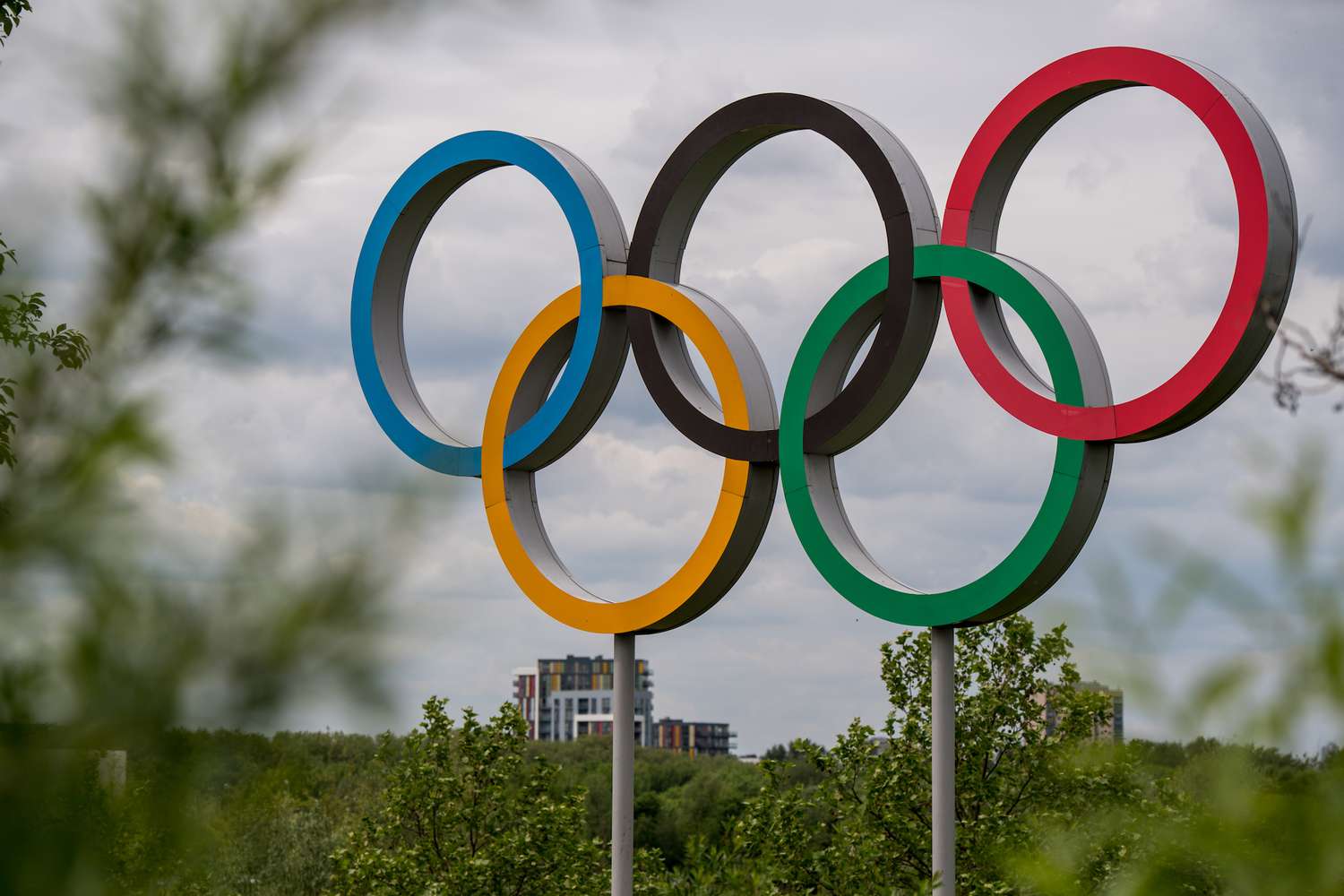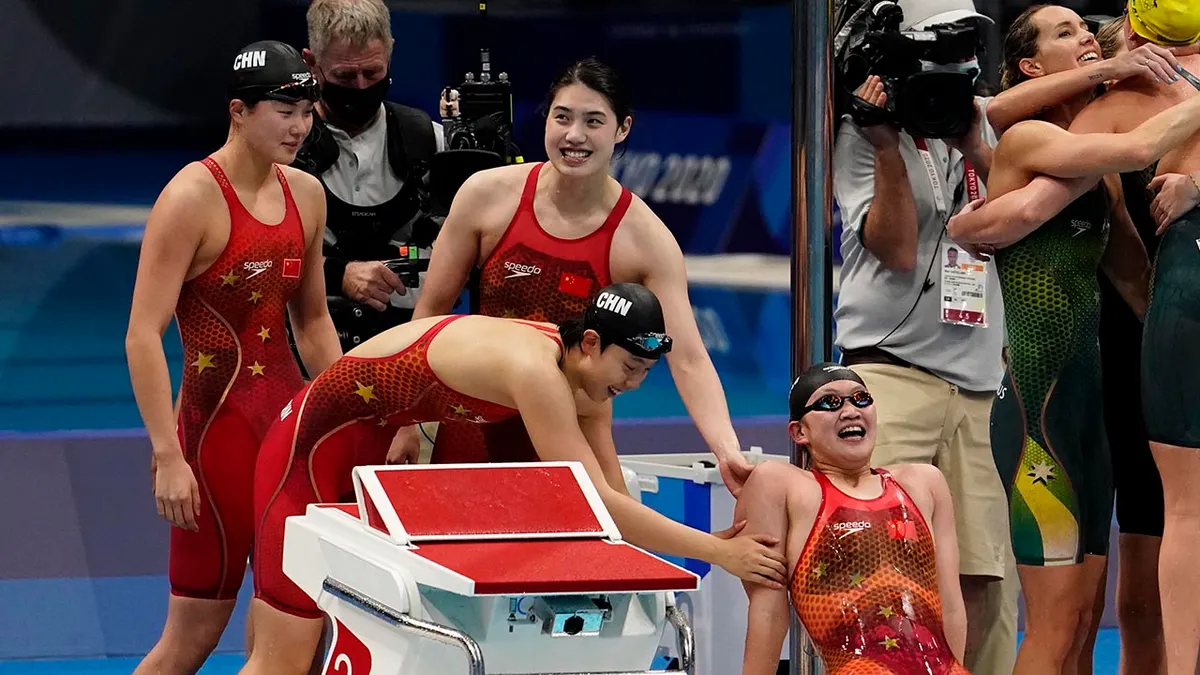The world’s foremost anti-doping authority has reaffirmed its stance on the clearance of 23 Chinese swimmers to participate in the Tokyo Olympics despite allegations of testing positive for a banned heart medication. Following a television documentary and subsequent newspaper reports, WADA issued a statement standing by its initial decision.
Earlier statements from WADA, in response to initial media reports, indicated agreement with Chinese authorities, attributing the positive tests to sample contamination. The New York Times reported that while the tests showed Adverse Analytical Findings, Chinese anti-doping authorities cleared the swimmers without imposing any penalties, citing contamination as the cause.

In response to the documentary, WADA reiterated its confidence in the scientific investigation and legal rulings surrounding the case. The agency emphasized that its independent Intelligence and Investigations Department thoroughly examined all allegations but found no corroborating evidence to warrant further investigation.
Based on scientific evidence and expert assessments in pharmacology and anti-doping, WADA asserted that it lacked grounds, under the global anti-doping code, to dispute the Chinese agency’s findings regarding environmental contamination. This position was endorsed by World Aquatics, the governing body for international swimming.
WADA has scheduled a press conference to address the issue further, with its president and director-general prepared to address inquiries. Despite the controversy, the 30-member Chinese swim team achieved success in Tokyo, winning six medals, including three golds. The athletes remain active competitors for China and are anticipated to participate in the upcoming Paris Olympics.
The initial media coverage prompted WADA to clarify its process upon learning of the positive tests, emphasizing its commitment to following established protocols. Additionally, WADA revealed that it had received a tip from the US Anti-Doping Agency in 2020 regarding doping allegations in China but noted a lack of follow-up evidence from USADA.
USADA CEO Travis Tygart expressed disappointment at the handling of the Chinese positive tests, highlighting concerns about fairness and transparency in the global anti-doping framework. The medication involved in the controversy was also linked to the suspension of Russian figure skater Kamila Valieva at the 2022 Winter Olympics.
This case underscores perceived shortcomings in the anti-doping system, particularly regarding the varying levels of diligence among national anti-doping organizations in detecting and addressing doping violations.







